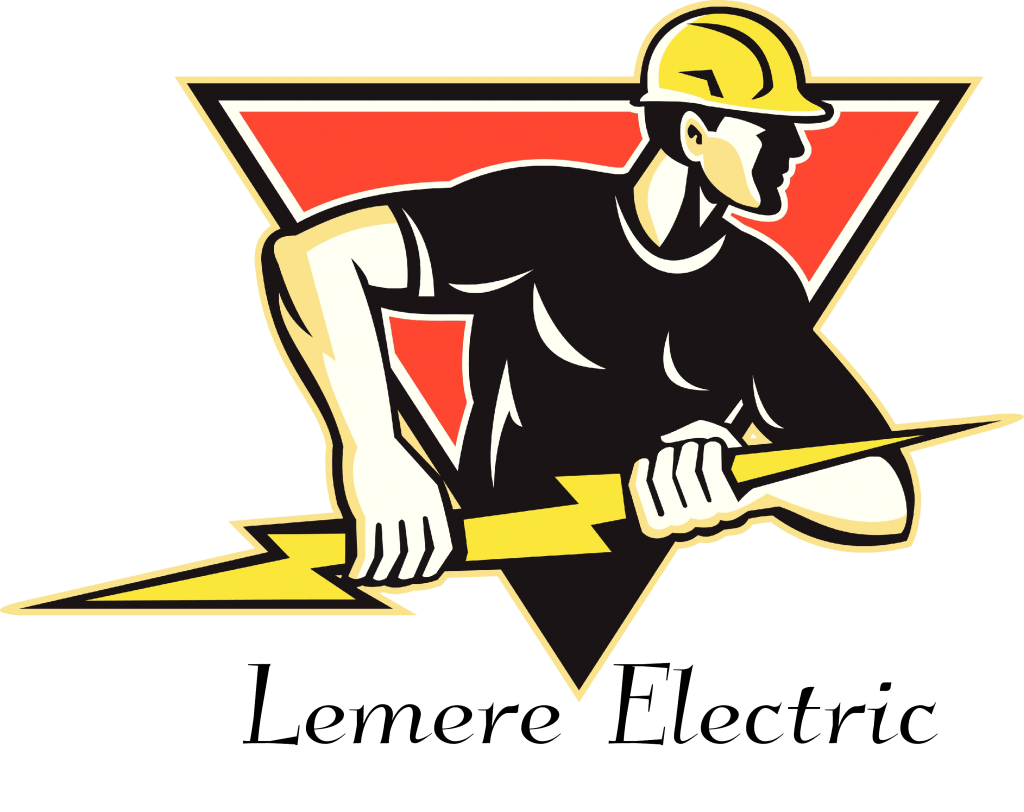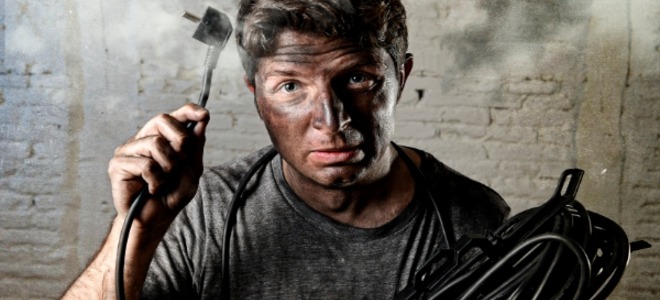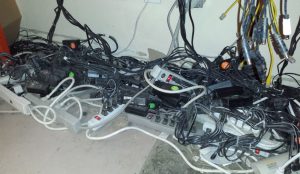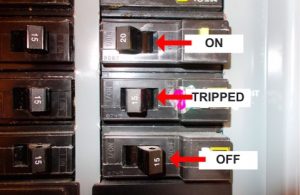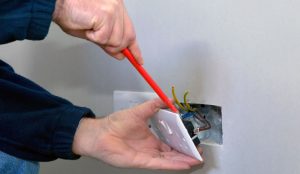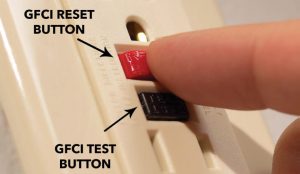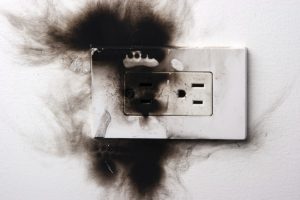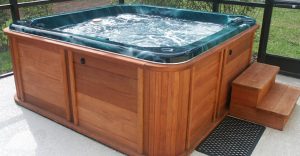Most of us know that electricity
and water don’t mix, therefore, things like relaxing in a bathtub with a
space heater sitting on the ledge is something we are smart enough to
never do. But there are some things that may not seem so common sense
when it comes to electrical safety at home, such as what to do if an
outlet or light switch feels warm to the touch, or if it’s okay to be
using a light bulb that is a higher wattage than suggested for a light
fixture. Either of these things can actually be a potential fire hazard
even though they may seem like nothing to be overly concerned about.
The number one thing you can do to keep your home safe when it comes to electrical issues is to conduct an inspection of your home’s electrical components. Once a year, perhaps while doing your regular home inspection, follow through this checklist below:
Annual Electrical Safety Checklist
• Electrical Cords: Check every electrical cord in a room for any damage and looseness. If it’s damaged, replace or repair the cord. For loose plugins, it may be the outlet. Once plugged back in, if it still won’t hold tightly you may need to repair the outlet or hire an electrician to do so.
• Extension Cords:
If you’re using an extension cord, make sure that it is not running
along an area where it may cause a trip hazard, such as a doorway. Also,
it should not be placed under a carpet as it may become a fire hazard
should something go wrong with it. If you have multiple extension cords
being used, consider adding more outlets and / or circuits instead of
using extension cords. Outlets and Switches: As you do your home
inspection, touch the outlets and switches to see if they feel warm.
Warm outlets are a sign of an issues, such as an overly large electrical
load or loose wiring. Dimmer switches are an exception since they
naturally may feel warm, but if they feel hot, they too should be
investigated.
• Kitchen and Bathroom:
Make sure that there is no standing water near any outlets or cords and
check any ground fault circuit interrupter (GFCI) outlets. You need to
test your GFCI Outlets periodically to ensure they are working.
• Lamps and Light Fixtures: Check
each light fixture and verify that it has the proper wattage light bulb
installed. Do not go over a manufacturer’s recommendation on wattage as
this can cause an electrical safety hazard. Lamps should also be on a
level surface and kept away from anything that they may burn.
• Space Heaters: Many
electrical home fires are caused by portable or stationary space
heaters. The biggest issue is the dust and dirt that accumulates inside
them. They need to be cleaned and checked regularly—make sure they are
unplugged before doing any cleanup. The next highest reason they are so
dangerous is because they are too close to things that will burn, such
as furniture, bedding, and clothing.
If you encounter anything that needs your attention as you do your walk-through, remember to unplug and / or shut off the power to it via the circuit breaker before looking into it any further.
Remember we are always here to help!
If have a question or an electrical problem that we can help with click here to request a quote or give us a call. We are on hand for all your electrical installation and repair needs.
